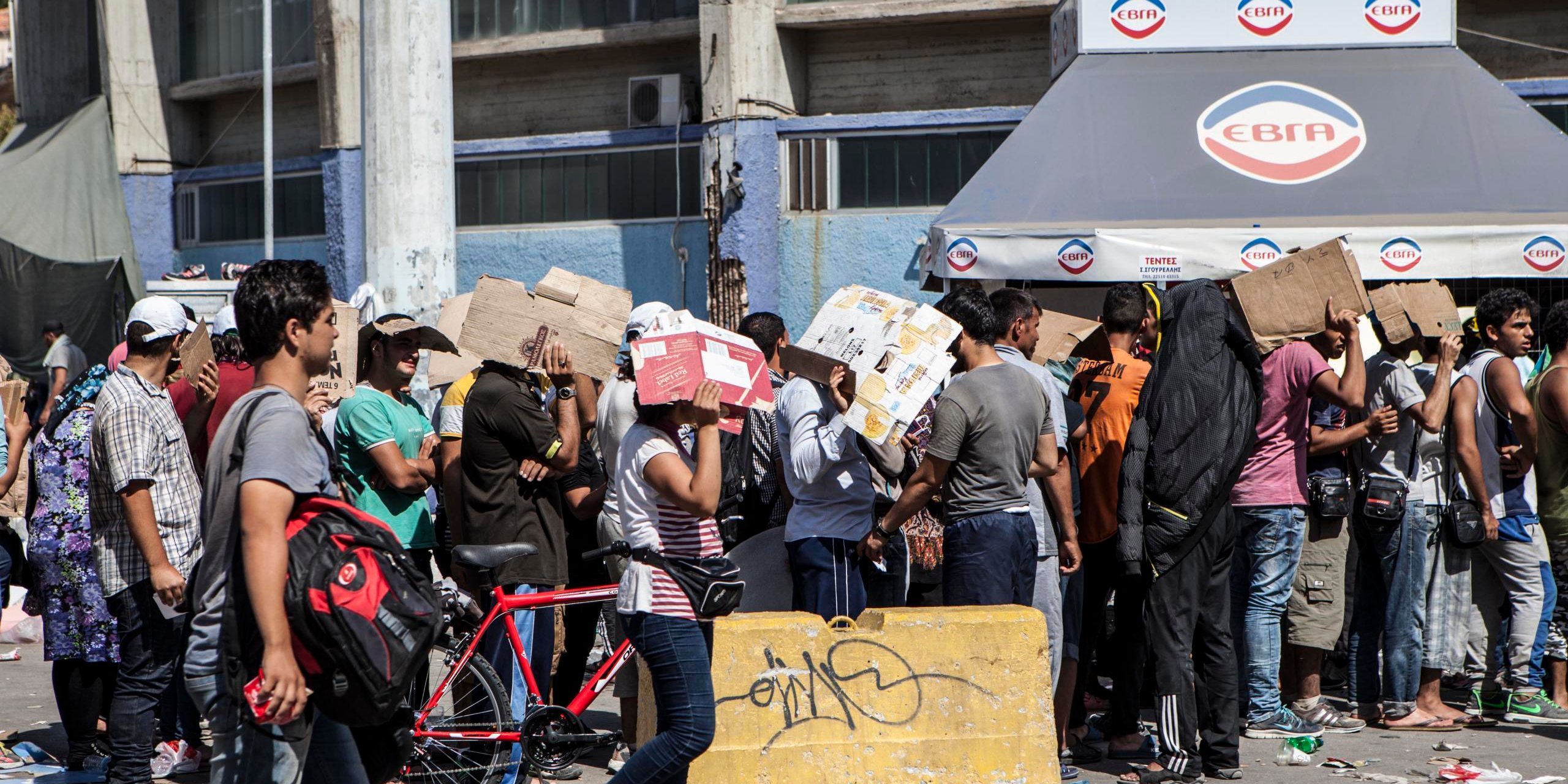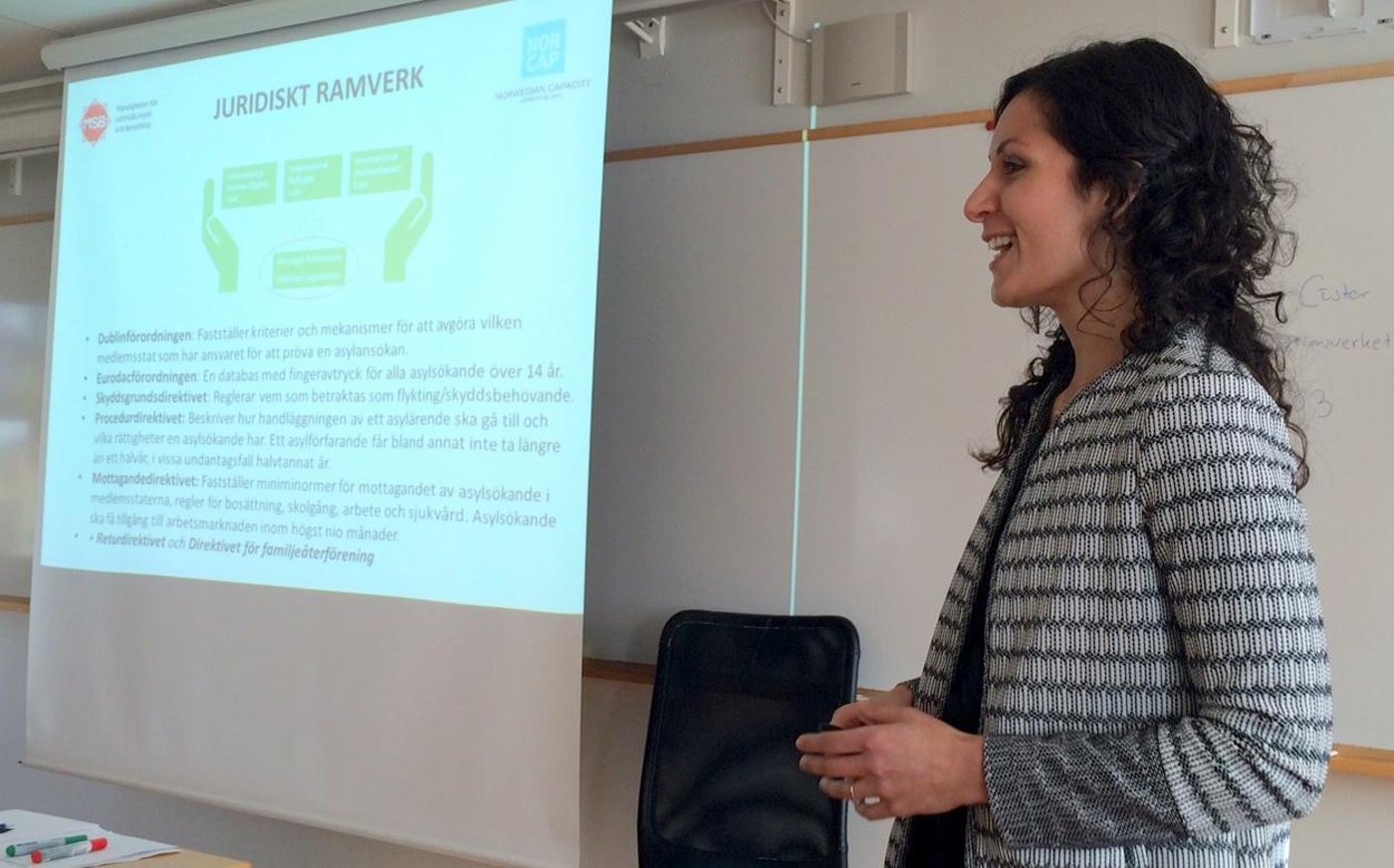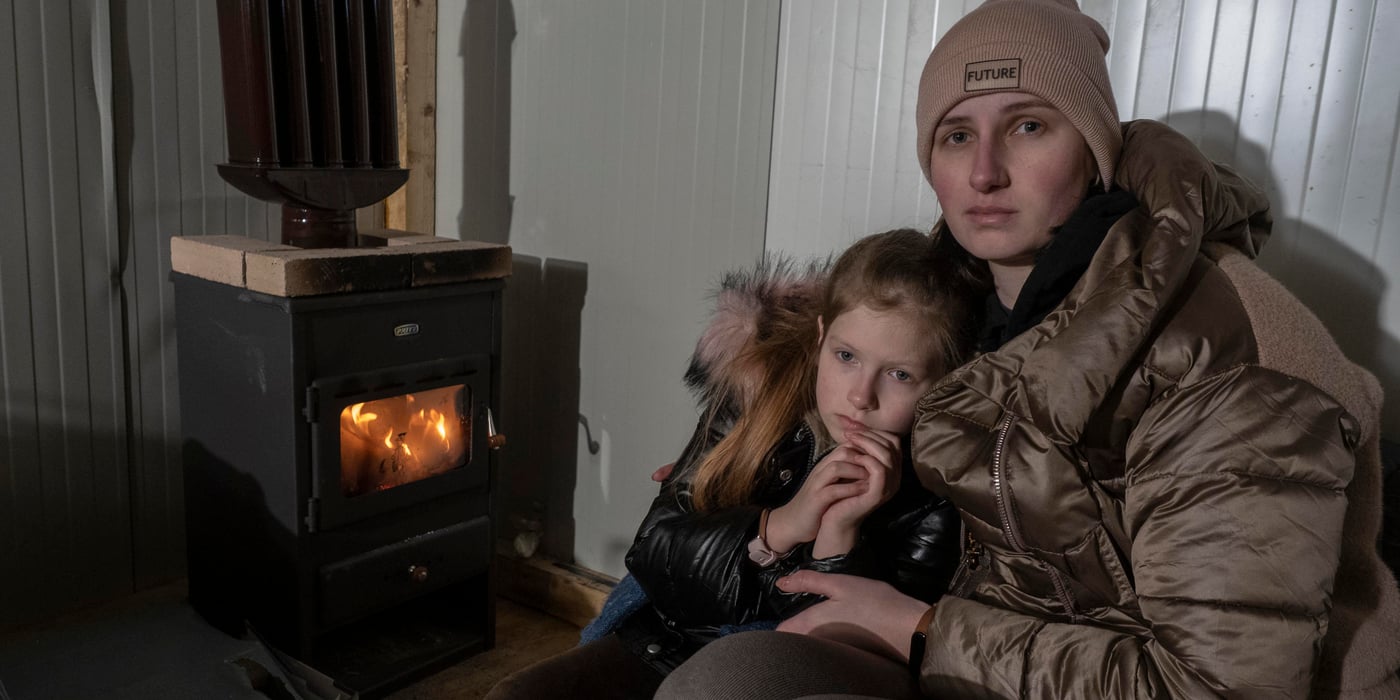
The current refugee and migrant crisis in Europe has posed many challenges to European countries, particularly when it comes to how to receive newcomers and what facilities and assistance should be provided upon arrival.
In light of these questions, the Norwegian Refugee Council/NORCAP has rolled out an initiative which aims to strengthen national refugee reception services in countries of destination – with a first pilot targeting Swedish and Norwegian actors.
"Although NORCAP's main focus is refugees' needs in conflict and disaster areas, the humanitarian challenges in Europe have caused authorities in several European countries to approach us for potential support. There is a clear need for more and better capacity on this", says Jørn Casper Øwre, Programme Manager for the NORCAP camp coordination and camp management capacity and one of the designers behind the new initiative.
Sharing knowledge from a global context
For the past 25 years, NRC and NORCAP has built expertise in the global response to refugees and internally displaced people for the international humanitarian community.
Through close cooperation with the United Nations High Commissioner for Refugees (UNHCR) and the International Organisation for Migration (IOM), and as a leading organisation within the global camp coordination and camp management sector, NRC/NORCAP has developed trainings and seminars in line with minimum standards and humanitarian needs.
Because of the recent European requests, NORCAP experts have also developed a set of dignified reception guidelines, which looks at everything from the EU legal framework for asylum and reception to infrastructure and social considerations for reception facilities. It also raises food for thought on how destination countries can better absorb the refugees and asylum seekers through integration.
"There are many guidelines and reference tools on the topic globally but none adapted to the European context. Due to the arising needs for strengthened capacity also in Europe we wanted to create a resource tool for capacity building and awareness-raising. Although not a one-size-fits-all, we believe it will serve as a good basis for learning", says Elham Pourazar, development consultant and capacity building expert.
"The better the response today, the greater benefits for the society in the future. It is important for destination countries to find an effective response model as soon as possible, taking into account political sensitivities, financial constraints, public opinion and risks of growing xenophobic sentiments side-by-side with human rights and the needs of the refugees and migrants", says Jørn Casper Øwre.

Scandinavian pilot training
Recently, representatives from several institutions involved in the reception of asylum seekers in Norway and Sweden, including operators of reception facilities, the Red Cross, the Norwegian Directorate of Immigration, municipalities as well as experts from NORCAP and the Swedish Civil Contingency Agency (MSB) took part in a seminar in Lund outside Stockholm.
The topic was establishment and management of reception and transit centres and dignified reception in Scandinavia. It is the result of a partnership between NORCAP and the Swedish Civil Contingency Agency (MSB), in order to strengthen capacity of, and stimulate exchange between reception practitioners in Sweden and Norway.
"The seminar looked at more traditional topics of reception capacity building such as what are the rights and obligations of refugees and asylum seekers; what support functions are needed on the part of responsible national authority; and what kind of services and assistance needs to be available", explains Elham Pourazar.


